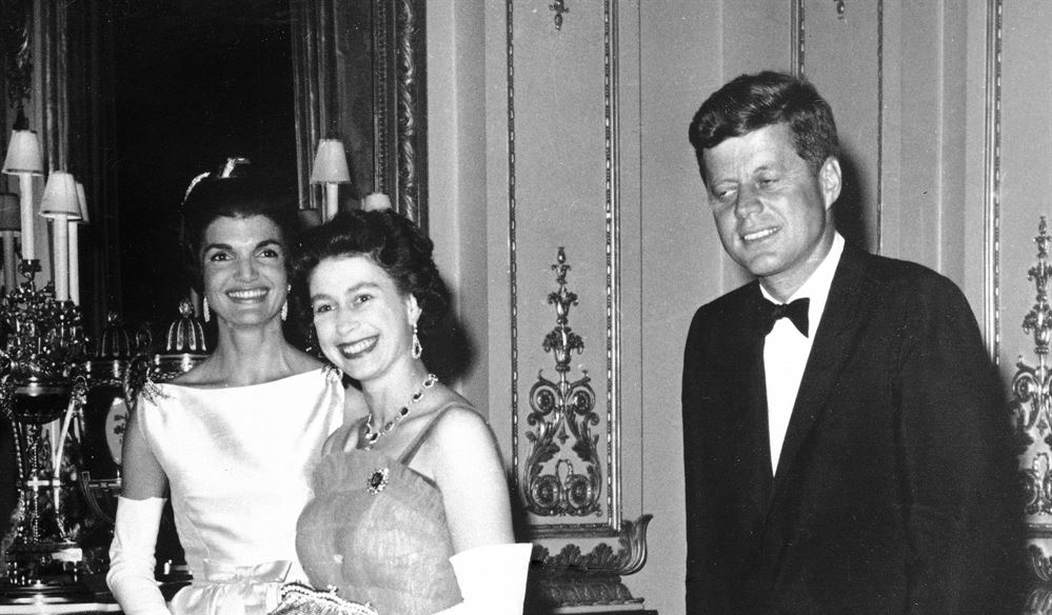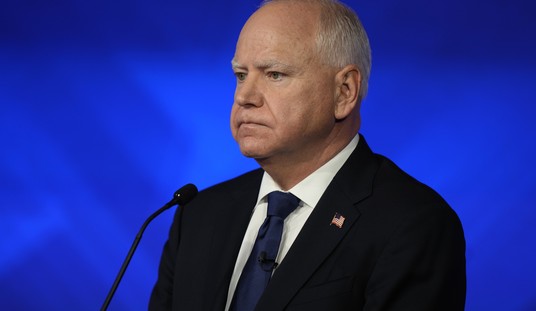On November 22, we marked the 60th anniversary of the assassination of former President John F. Kennedy in Dallas, Texas. He was by far my favorite Democrat president. While serving in Congress, I had contact with his brother, Senator Ted Kennedy, and I was a friend of his nephew, Congressman Joseph Kennedy.
On November 6, 1960, I had the good fortune of seeing then-Senator John F. Kennedy about 48 hours before Election Day on the downtown Green in Waterbury, Connecticut. In the wee hours of the morning, he was en route to Cape Cod in Massachusetts, where he would await the election results.
My sister, brother, and I were waiting for him in the cold, along with more than 40,000 people. A fireman picked me up and hoisted me onto his shoulders to give me one of the best views just as Kennedy entered the Roger Smith Hotel (which became the Elton Hotel) to give one of his final campaign speeches.
Thirty years later, I would use those same doors to enter my campaign headquarters as I was inspired to launch my longshot run for Congress from the exact location of a man I had idolized and admired ever since childhood.
Like most Americans alive at the time of his assassination in 1963, we all can remember where we were when we heard the news of his death. I was in a music class instructed by present-day acclaimed actress Sheryl Lee Ralph's father at Tinker School.
Early in his presidency, Kennedy took complete blame for the 1961 Bay of Pigs fiasco in Cuba. Adopting the plans of former President Dwight Eisenhower, Kennedy ordered 1,400 U.S. troops to invade Cuba in an attempt to overthrow Cuban leader Fidel Castro. We failed. Kennedy admitted it and accepted the blame. In doing so, however, he showed character.
Recommended
Today, politicians are hesitant or simply refuse to admit failure despite overwhelming evidence to the contrary. For example, there were no weapons of mass destruction in Iraq, and the Afghanistan troop withdrawal was botched. The U.S. strategy of using sanctions to prevent Russia's invasion of Ukraine was also an obvious failure.
We all make mistakes. Politicians like Kennedy were strong enough to admit them and move on.
On the other hand, Kennedy's adroit handling of the 1962 Cuban Missile Crisis saved the world from a nuclear war between the communist Soviet Union and the United States.
Kennedy also helped put the civil rights movement on track, leading to the bipartisan historic passage of the 1964 Civil Rights Bill. In 1963, he forced Alabama Governor George Wallace to allow Black students into the University of Alabama despite Wallace's cry of "segregation now, segregation tomorrow, segregation forever." Before that, Kennedy led the fight for desegregation at the University of Mississippi, which, in 1962, admitted its first Black student, James Meredith.
Just before the 1960 presidential election, Kennedy's call to Coretta Scott King to support her jailed husband, Dr. Martin Luther King Jr., earned Kennedy Mrs. King's endorsement. That support helped turn the election in his favor as he received a whopping (at the time) 70% of the Black vote. (Today, the GOP would pop bottles of champagne if they would get 30% of the Black vote).
Concerning the ill-fated Vietnam War, Kennedy was not a significant protagonist, but he did send 16,000 military advisors to Vietnam. He did not wholly buy into the "domino theory" of communism taking over the region, which former President Lyndon Johnson and others promoted. That policy led to the deployment of over 500,000 U.S. troops to the region after Kennedy's death.
With all those positives still, the two most memorable achievements were Kennedy's Peace Corps and space initiatives. In the latter case, he greatly accelerated funding for our quest to put astronauts on the moon.
The Peace Corps's value? Yes, there was a time when America sought to have other nations, especially third-world countries, actually "like us." We sought to help other countries with foreign aid and the manpower of some of our best and brightest. As a two-sided coin, those American participants in the Peace Corps also learned while helping others. Today, well, let's just say it is quite different due to sanctions and some errant drone attacks.
Eisenhower started the space program by establishing NASA, but Kennedy dramatically accelerated it. Due to our expertise in satellite technology, we now have sophisticated smartphones, GPS, and other scientific advancements that have improved our quality of life. The speed of communications and the flow of information have been truly incredible.
If we did not compete in this arena when Russia was very active, we would live in a different world today - minus our military and technological superiority.
JFK - a life cut far too early. We would have been an even greater and stronger America if his leadership had continued. Our loss. The world's loss. He was a man who was never given his due praise.
Gary Franks served three terms as U.S. representative for Connecticut's 5th District. He was the first Black Republican elected to the House in nearly 60 years and New England's first Black member of the House. Host: podcast "We Speak Frankly." Author: "With God, For God, and For Country." @GaryFranks
























Join the conversation as a VIP Member